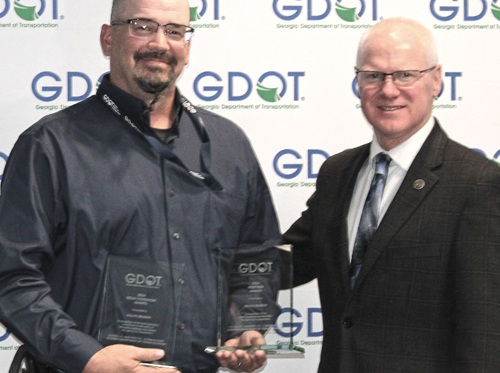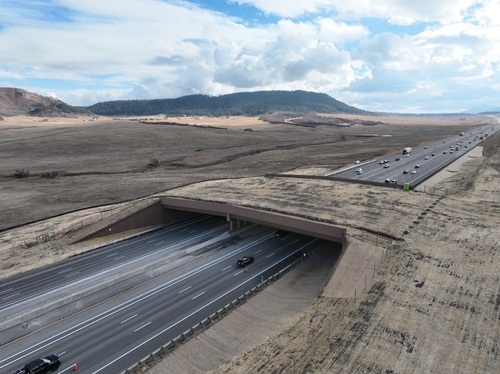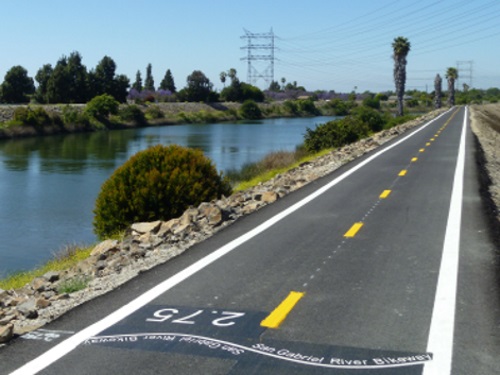The California Department of Transportation has awarded $34.7 million in state and federal funds to cities, counties, tribes, and transit agencies statewide to support a variety of locally focused sustainable transportation projects.
[Above photo via Wikimedia Commons]
Those projects include efforts to reduce greenhouse gas emissions, improve the state highway system, enhance access to safe walkways and bike paths, and increase natural disaster preparedness.

“These grants are funding the planning for sustainable and more resilient transportation projects that will prepare the state for rising sea levels, wildfires and other climate related impacts,” noted Steven Keck, interim director for Caltrans, in a statement.
“By collaborating with local communities, we are working together to achieve both our climate goals and an equitable transportation infrastructure for people who rely on transit and intercity bus service,” he said.
In total, Caltrans is allocating:
- $18.4 million in Sustainable Communities Competitive and Technical Grants to 57 local, regional, tribal, and transit agencies for climate change adaptation, transportation and land use planning, plus natural disaster preparedness. This includes more than $4.5 million to fund planning for 14 projects that improve safety and access for people who walk and bike.
- $3.8 million in federally funded Strategic Partnership Grants to 10 projects that will plan for zero-emission medium- and heavy-duty vehicles, sustainable goods movement, wildlife connectivity, intercity bus systems, and other sustainability initiatives.
- $12.5 million in Sustainable Communities Formula Grants to metropolitan planning organizations to further regional transportation plans and sustainable community strategies. Caltrans will formally award those grants later this spring.
This local transportation funding follows the adoption of a new “complete streets” policy by Caltrans in December 2021 for all new transportation projects it funds or oversees in order to provide “safe and accessible options” for people walking, biking and taking transit.

A “complete street” policy seeks to expand mobility options for people of all ages and abilities, particularly those who are walking, biking, using assistive mobility devices, and riding transit.
Caltrans said its “complete streets” requirement offers several benefits, including enhancing safety and creating more sustainable transportation options to decrease dependence on driving and improving public health by encouraging more active transportation options.
The agency added that its new policy ultimately aims to “expand the availability” of “sustainable transportation options” to help meet the state’s climate, health, and equity goals.
 States
States
Georgia DOT Foreman Receives Two Heroism Awards
January 2, 2026 States
States

